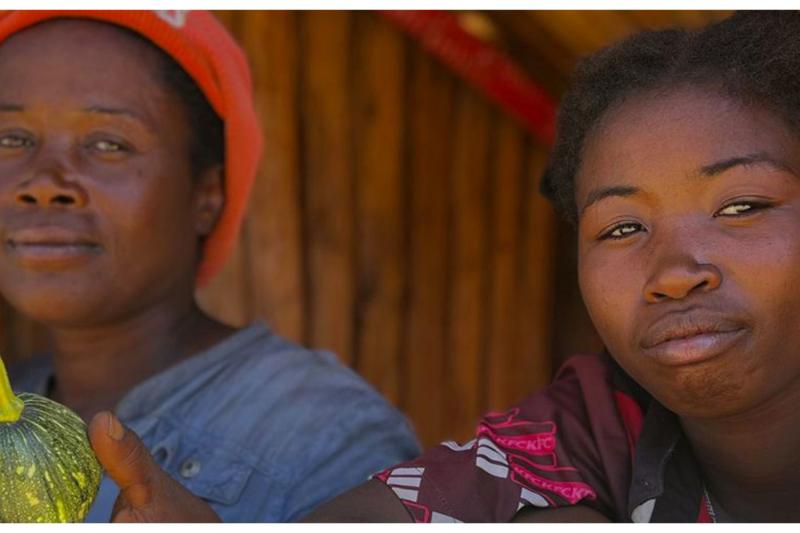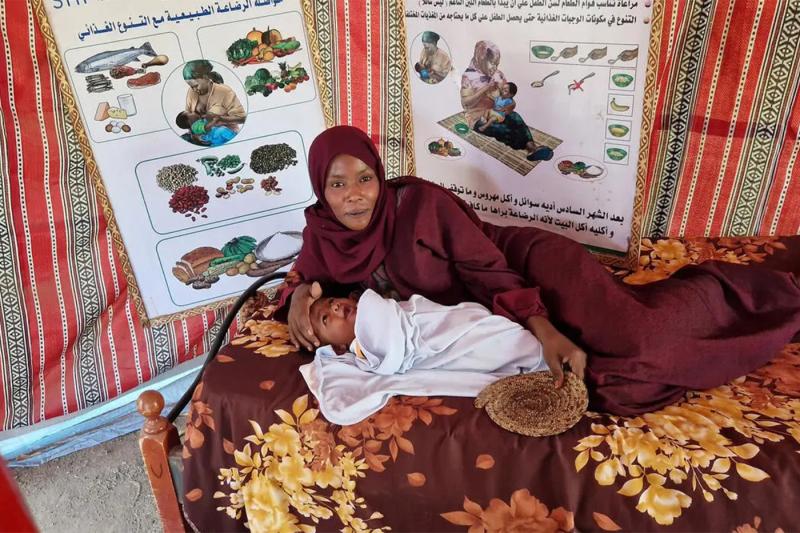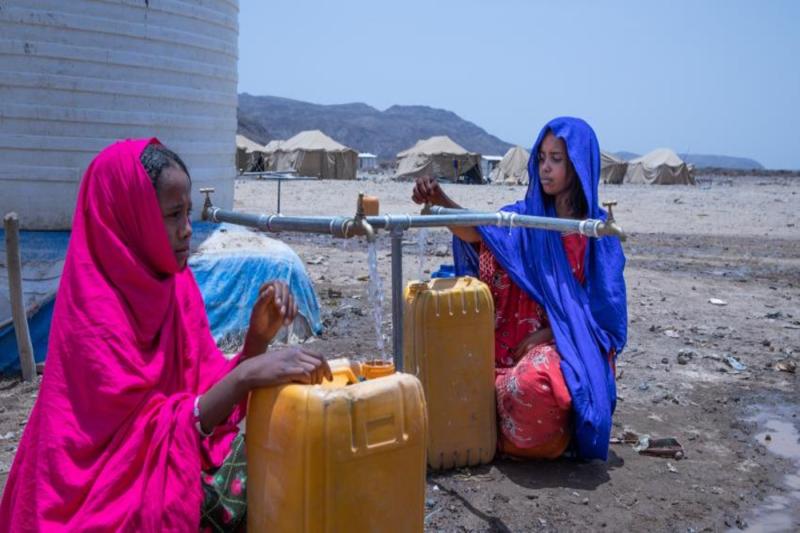CERF releases US$100 million to address critical needs in 9 silent and neglected crises
United Nations Secretary-General Ban Ki-moon released US$100 million from the UN Central Emergency Response Fund (CERF) to assist 4.5 million people in nine silent and severely underfunded emergencies.
“I am allocating US$100 million from the Central Emergency Response Fund to meet critical humanitarian needs in nine underfunded emergencies,” said the Secretary-General. “This funding is a lifeline for the world's most vulnerable people. It is a concrete demonstration of our shared commitment to leave no one behind.”
CERF funds will sustain life-saving relief in emergencies where levels of risk and vulnerability are alarmingly high, but available resources for humanitarian response are critically low.
The funds will be used by aid agencies to address three humanitarian priorities:
- The displacement crisis that stretches across much of Central and Eastern Africa, caused by conflicts and violence in South Sudan, Burundi and the Democratic Republic of the Congo, with funding for Burundi ($13 million), Ethiopia ($11 million), Kenya ($4 million), Sudan ($7 million), Tanzania ($11 million) and Uganda ($18 million), assisting some 1.7 million people in need.
- The humanitarian consequences of conflict and food insecurity in Libya, where relief agencies will use CERF funds ($12 million) to address the humanitarian needs of up to 350,000 people; and in Mali ($16 million), where an estimated 300,000 people will be assisted, especially in the North.
- The protracted and forgotten humanitarian crisis in the Democratic People’s Republic of Korea ($8 million), where CERF funds will enable life-saving assistance for more than 2.2 million people, including 1.8 million under-five children and 350,000 pregnant and lactating women.
“With so many crises competing for attention around the world many people in need are forgotten. These CERF grants will help sustain life-saving assistance and protection in emergencies where the needs of the most vulnerable communities are alarmingly high but the resources enabling us to respond remain low,” said the Emergency Relief Coordinator, Stephen O’Brien. “I thank our donors for their support to CERF so far in 2016. A strong and well-resourced CERF will help us focus on addressing the most critical needs.”
For more information please see:
- Infographic: UFE 2016 First Allocation Round overview and methodology
- Press release in English, French and Arabic
- Slideshow: UFE 2016-1 in 11 slides
- Overview of Country Selection and Apportionment Decisions - 2016 First Underfunded Emergencies Round [offical document]


